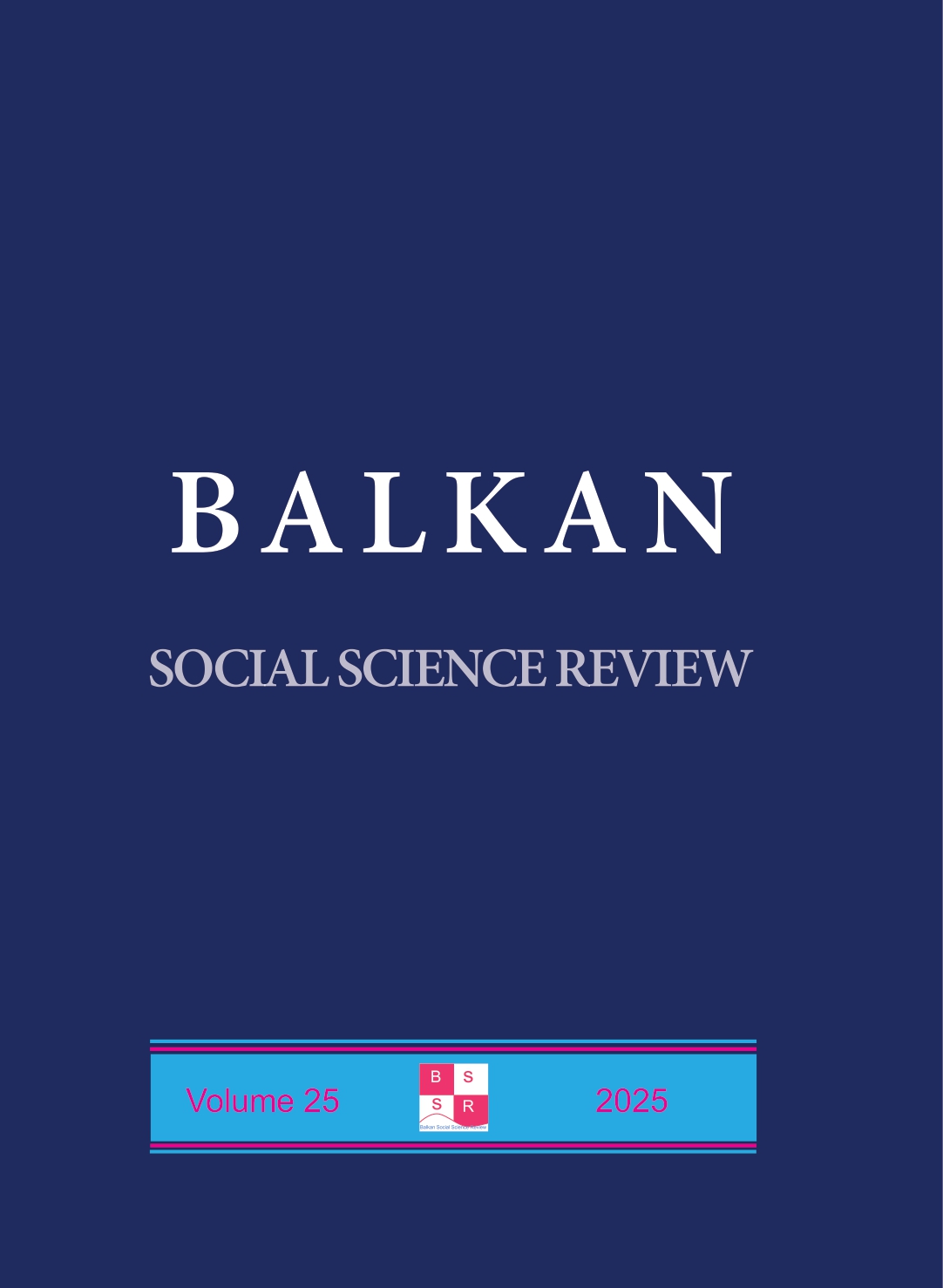INTRODUCING ENVIRONMENTAL, SOCIAL AND CORPORATE GOVERNANCE (ESG) IN A CORPORATE DISTRESS SCENARIO: THE EU OPPORTUNITIES AND RISKS
DOI:
https://doi.org/10.46763/BSSR25252507aAbstract
In the last few decades, there is a lot of legislative and soft law instruments and policies on environmental, social and governance (hereinafter: ESG) elements. Althoughth, mentioned intruments and polices do not directly apply to the distress scenario, according to the existing regulation, EU insolvency practitioners, directors, debtors, creditors, insolvency courts, competent authorities, and other stakeholder must in a wider context apply ESG standards regardless of whether they are at the pre-bankruptcy proceedings, bankruptcy with liquidation, or in restructuring with a bankruptcy plan. This paper first explains the relevant terms and their synonyms and moves on to define ESG issues and why they may be relevant in corporate distress scenarios. Next, it analyzes the existing international and European binding and soft-law regulatory framework related to ESG and insolvency law. The regulatory framework is the starting point for answering the question of whether ESG goals can be applied to corporate distress scenarios, and if so, how it can be accomplished in practice within the framework of the traditional objectives of pre-bankruptcy proceedings, bankruptcy with liquidation, and restructuring with a bankruptcy plan. Therefore, the central part of this paper assesses and critically analyzes the risks and opportunities that can arise from the introduction of ESG elements in corporate distress scenarios. The concluding section provides an overview of the status quo, with recommendations for future development. The authors conclude that the introduction of ESG elements in a distress scenartio is not always an option. However, if the introduction of ESG goals are carefully examined and implemented in the appropriate type of insolvency proceedings, it may bring many benefits to all insolvency stakeholders.
Downloads
Downloads
Published
Issue
Section
License
Permissions
Authors are expected to obtain permission from copyright holders for reproducing any illustrations, tables, figures or lengthy quotations previously published elsewhere. BSSR will not be held accountable for any copyright infringement caused by the authors.
Copyright
The content offered in the BSSR remains the intellectual property of the authors and their publishers respectively. University “Goce Delcev”- Shtip, R. Macedonia and BSSR keap the right to promote and re-publish the texts.


